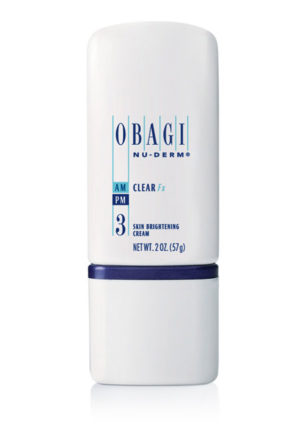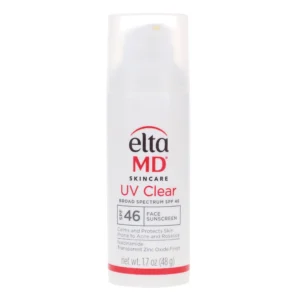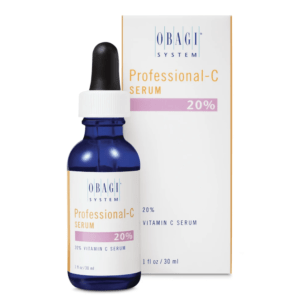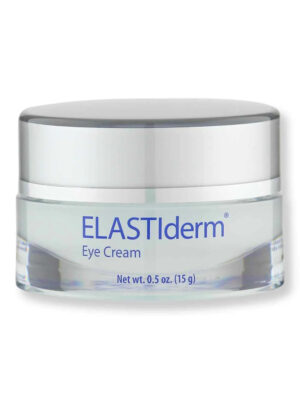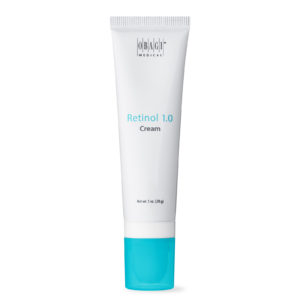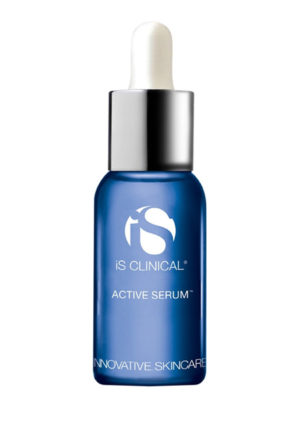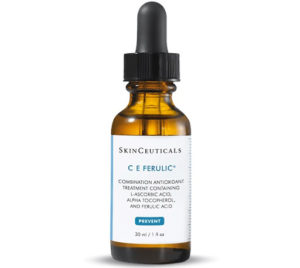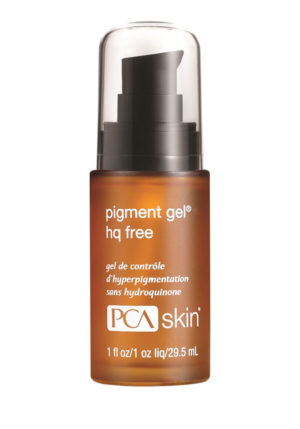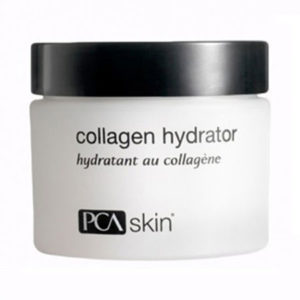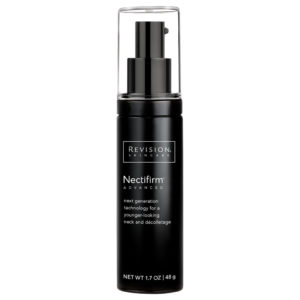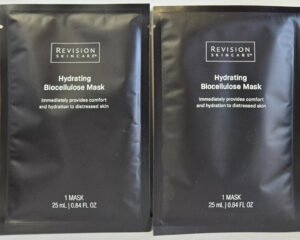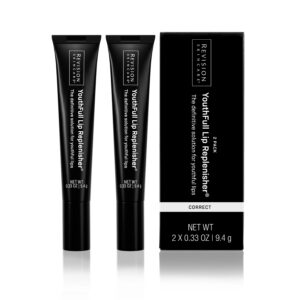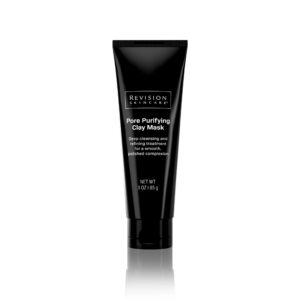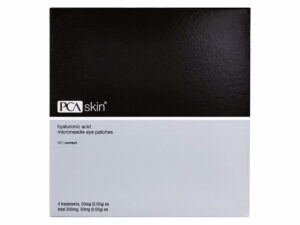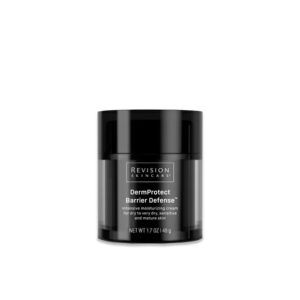 Confused by all the name variations? Don’t be. Here, a guide to all these perplexingly named vitamin A derviatives.
Confused by all the name variations? Don’t be. Here, a guide to all these perplexingly named vitamin A derviatives.
Retinoids: The umbrella term used to describe all vitamin A derivatives used in skin care.
Retinoic acid (aka tretinoin): The only vitamin A derivative proven to alter gene expression and bring about cellular changes in the skin to produce measurable anti-aging results. It is present in prescription retinoids such a Retin-A, and is the chemical that over-the-counter retinol is converted into after being absorbed and processed by the skin.
Retin-A: The brand name for the first prescription retinoic acid.
Retinol: A vitamin A derivative used in non-prescription anti-aging products to increase collagen production. The amount often found in an over-the-counter formula is 1%.
Reintyl Palmitate: A weaker, less irritating vitamin A derivative that is stored in the skin and undergoes an enzymatic conversion to retinol and ultimately retinoic acid.
Tip: Deciding on which type of retinoid and which percentage strength is best for you will depend on how your skin tolerates the retinoid. Generally, you go with the strongest retinoid you can tolerate with the least amount of irritation, even if that retinoid is considered weak.

